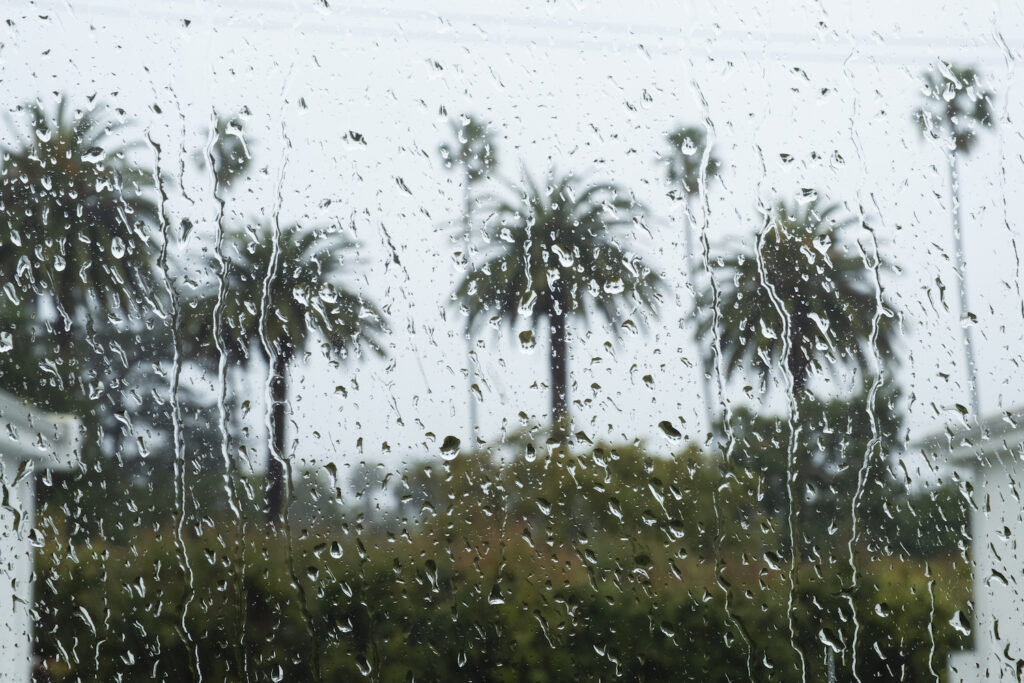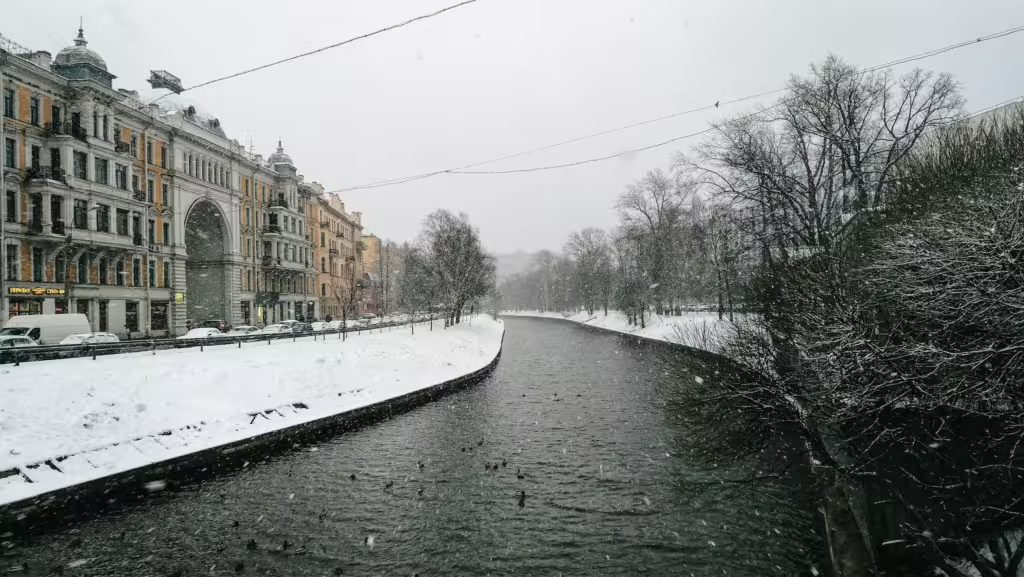We’ve been seeing record-breaking temperatures across the western and central U.S. along with wild weather extremes. More proof of the climate crisis? Not exactly, since it was record cold and snow. Paul Dorian notes that Denver, for instance, saw a high (if that’s the right word) of 15° F on October 26, the coldest such temperature not just for that date (the previous record from measurements going back to 1872 being 31° in 1923) but for any day in October. (Laramie Wyoming had a low of -26° F which was a record not just for October but even November.) Of course when we mentioned the onset of this weather last week someone rushed to inform us that we were dolts who did not realize that global warming meant more evaporation that naturally then falls as snow because it’s so hot it’s cold, a position also taken by the U.S. National Academy of Sciences. Of course when there’s less snow than expected, that’s also a sign of global warming.
In noting the NAS argument Eric Worrall also points out that the IPCC “takes a less confident view” even of the question whether we are having more extreme weather, while saying that precipitation has increased in some places and not in others.
Worrall adds that there was a time when the IPCC would have declared the evidence “inconclusive” but now uses the term “medium confidence” which actually means it’s a coin toss, literally “About 5 out of 10 chance” because, as one of the Climategate emails argued, “inconclusive” was so unscary. If you knew that when the IPCC said it had “medium confidence” in a result it meant it was just as likely to be untrue as to be true, how much confidence are you supposed to have in it being true? Exactly. And if you knew that when the IPCC said something bad was happening, alarmists would point to it and declare “experts say” but if the IPCC said something bad might not be or probably wasn’t happening alarmists would just ignore it, how much confidence would you have in their understanding of what experts say?
It matters. People are forever producing this or that increase in extreme weather as proof of man-made climate change, including our correspondent who pointed to snow storms and went well duh. But science proceeds by using hypotheses to make predictions then verifying or more crucially falsifying them. So if the theory says there will be an increase in extreme weather and there isn’t, it needs fine-tuning at the very least. Whereas if it predicts an increase in extreme weather that doesn’t happen, it needs a serious overhaul. And not in the direction of being made test-proof by the vagueness of its predictions as to what will happen, when, or what counts as evidence.
So here in fact is a prediction. NBC just reported in the usual “experts say” vein that “Drought more likely than blizzards this winter, forecasters say”. And of course it’s bad: “For the already dry Southwest and areas across the South, this could be a ‘big punch.’” Interesting if true. But it’s also possible that this winter will be cold, snowy or both. And if it’s snowy when you said it wouldn’t be, you need to stop with the “settled science” thing.



"Cold is hot"... I've heard that one many times over the past decade and, when pressed on how that conclusion was drawn, the fools always resort to, "scientists say". Ah, yes, those ubiquitous, nameless, faceless, anonymous experts, the "scientists who say", or, really, the high priests of the modern tree-worshiping religion. It is clear that the people who resort to this defense of AGW nonsense have less that an early secondary school understanding of science. Sometimes they resort to "experts predict"... this and that, which never comes true, but is so broad and generic it might as well be astrology. When asked, "Which experts?", the usual flight for cover under the guise of argument from authority ensues, at which I point out that an expert, or more specifically, a specialist, is "somebody who knows more and more about less and less until he knows absolutely everything about nothing." Or, the "expert" being "X" (unknown quantity" and "spurt" (a drip under pressure) is obviously an unknown quantity of drip under pressure. I think that may be an accurate assessment of the long term effect of outcome-driven government-funded science... always tickling their ears, telling them what they want to hear from the "scientists who say." Bless me, scientist, for I have sinned. I have emitted carbon! Oh, the pain, the pain.
I am reminded of Richard Feynman who once said (and I paraphrase) that one of the worst things that happened to him was winning a Noble Prize. He said that was because people then thought he was an expert on everything and would ask his opinion on things about which he knew nothing. There are times I have to look up one of the “experts” who is opining on climate change only to discover their Doctorate is in some completely unrelated field.